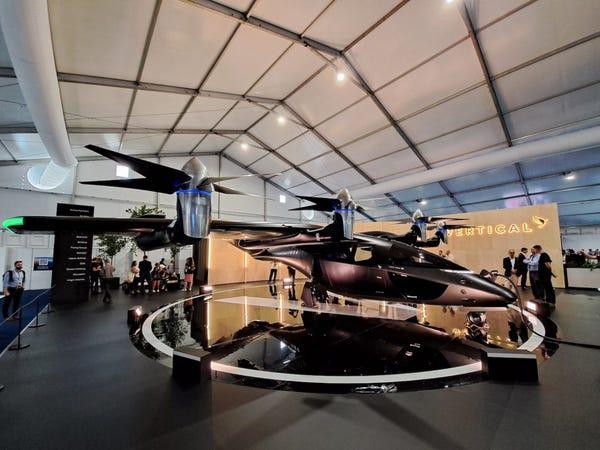Who’s Investing in Urban Air Mobility: The World’s Biggest Airlines
To Date: 21 Airlines See eVTOLs in Their Future

In August, 2022, Silicon Valley-based Archer Aviation, developer of the Maker eVTOL, signed a lease for about 95,000 square feet (about 8,800 square meters) of office space in San Jose, California. Tucked in between dozens of offices occupied by tech behemoth Cisco Systems and a stone’s throw from computer chip manufacturer, Intel Corp., Archer is positioning itself for global success. And nothing says success like a US$1 billion purchase order.
United Airlines’ Pricy Down Payment on eVTOLs
Chicago-based United Airlines recently made a US$10 million down payment towards its billion-dollar deal to buy Archer’s Maker eVTOL along with an option to purchase an additional US$500 million more. At about the same time, United Airlines agreed to buy 200 eVTOLs from Eve Air Mobility, a division of Brazil-based aircraft manufacturer, Embraer.
Bristol, England-based Vertical Aerospace has inked more than 1,400 pre-orders for its VX4 eVTOL. The air carriers planning to buy include American Airlines, Virgin Atlantic, Iberojet, Japan Airlines, GOL Linhas Aéreas Inteligentes (GOL), Air Greenland, and AirAsia. They have signed memoranda of understanding (MOUs) or signed agreements to buy or lease eVTOLs as part of their vision to connect and control what might be called the “last-mile” portion of future travelers’ plans.
The cost to hire an eVTOL might be beyond the average vacation travelers’ budget but, the air carriers’ view is that it is in line with executive travelers’ budgets. When the company is picking up the tab and “time is money,” the savings eVTOLs provide getting corporate travelers from the airport to the city center (and vice versa) is justifiable. Even more so when you consider the ride is both tax deductible and worth more than most executives’ time stuck in ground-based metropolitan traffic.
Air Carrier Industry’s Quest to Get to Net-Zero
The investments are also in keeping with the air carrier industry’s pledge to reduce carbon-based emissions, something they have vowed to get to net-zero by 2050.
The airlines see this addition to their fleets as a kind of air taxi version of a Lyft Lux or Lux Black ride—albeit with considerably more qualifications necessary to operate them—that is, until they are completely automated and the public-at-large is ready to hop aboard an eVTOL operated entirely by artificial intelligence.
Want to continue to stay up-to-date about the latest developments in the eVTOL industry? Subscribe to AeroCar Journal now. It’s FREE (for a limited time)! Join us on Twitter for the latest news, analysis, and insight about the eVTOL industry. AeroCarJ


